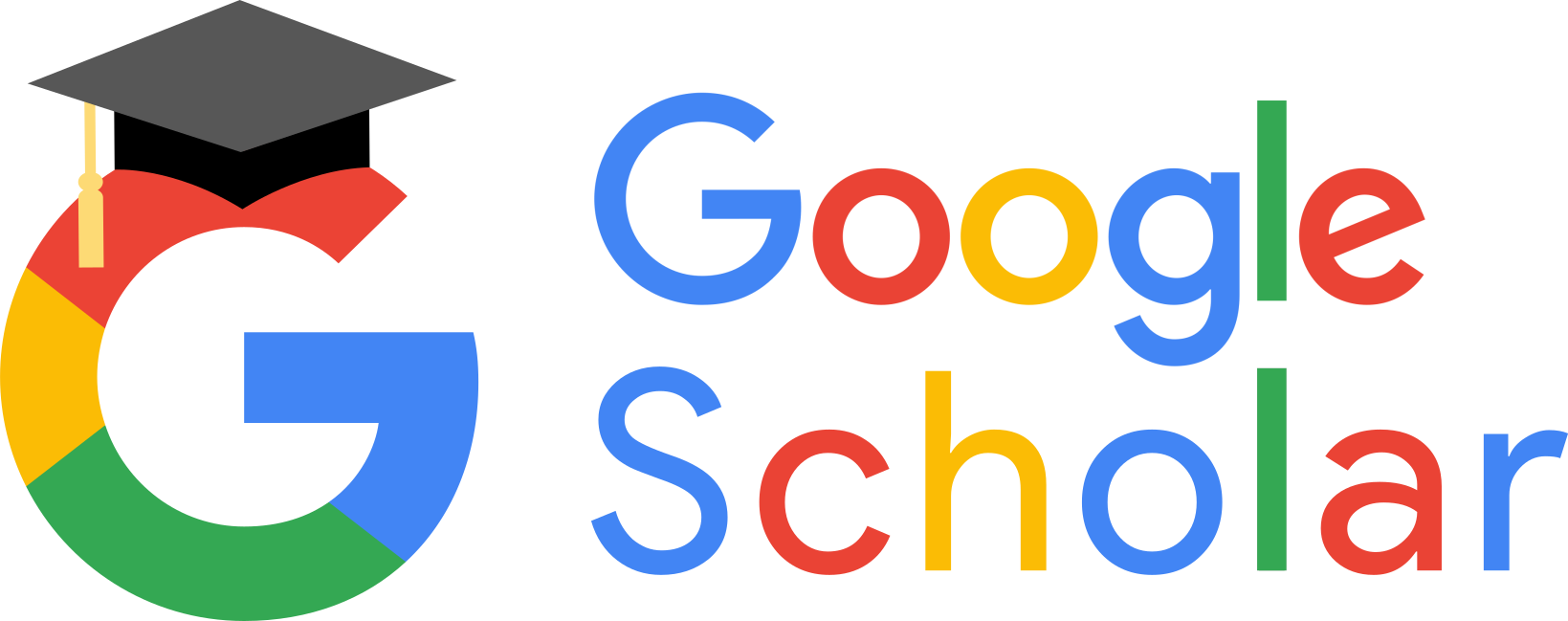Архив в PDF формате
Дата публикации статьи в журнале: 2020/02/17
Название журнала: Восточно Европейский Научный Журнал, Выпуск:
53, Том: 7,
Страницы в выпуске: 4-9
Анотация: Advancing information and technology was followed by technical development, which changed the entire world of communications. It provided an opportunity to communicate with people from any part of the world, thus changing family, school and social dynamics and interaction. The goal of this technological development is to contribute to the development of the knowledge society, considering the community’s and democratic perspective of teaching and lifelong learning (Commission of the European Communities, 2009). Today, the necessity of developing digital competencies, enabling to manage a large amount of information and exploring new communication channels leaves no doubt, but it is necessary to learn to understand, select and manage information in order to master information skills and turn them into knowledge that can be applicable in different contexts and daily situations. It is particularly necessary to provide the basics of digital competencies in early childhood – they could be developed already in pre-school age
Ключевые слова:
Digital competence
pre-school education
Данные для цитирования:
Irena Dirgėlienė ,
.
DEVELOPING DIGITAL COMPETENCE IN PRE-SCHOOL AGE (4-9). Восточно Европейский Научный Журнал. Педагогические науки. 2020/02/17;
53(7):4-9.








